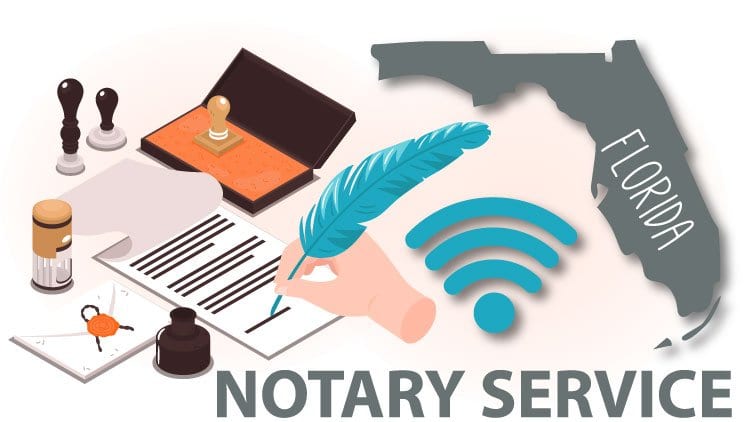Experienced Conveyancer: Browsing Home Transfers with Competence
Experienced Conveyancer: Browsing Home Transfers with Competence
Blog Article
Debunking Notarial Work: Streamlining the Function and Significance of Notaries
In the detailed web of legal paperwork and confirmation, notaries stand as pillars of guarantee and authenticity. Their duty, typically shrouded in enigma for several, lugs considerable weight in making certain the validity and integrity of important papers. As guardians of validity and fact, notaries play a critical part in our culture, yet their job is not always fully comprehended. By unwinding the complexities surrounding notarial techniques and dropping light on the significance of their acts, a more clear understanding arises of the essential function notaries play in upholding the material of legal and legal contracts.
The Background of Notarial Job
Just how did notarial work advance with time to end up being an essential component of lawful and service transactions? The background of notarial work go back to old civilizations, where scribes played a crucial duty in videotaping essential details and validating files. As cultures advanced, the requirement for a more formalized system to ensure the credibility of agreements developed. This led to the growth of notaries, individuals selected by the state to work as neutral witnesses in legal issues.
Throughout the Center Ages, notaries acquired prestige in Europe, with their features expanding to include composing lawful documents, accrediting trademarks, and preserving documents. The rise of global profession better stressed the value of notarial operate in validating agreements and agreements across boundaries.
In the contemporary period, notaries proceed to play an essential role in legal and business transactions by confirming identities, verifying the authenticity of papers, and protecting against scams. Their duty in certifying the validity of agreements adds a layer of security and depend the ever-evolving landscape of commerce and regulation.

Responsibilities and Responsibilities of Notaries
Notaries play an essential role in confirming the credibility of files and the identification of signatories. One of their primary duties is to witness the signing of vital files, such as wills, agreements, and deeds, to ensure that all celebrations are getting in right into agreements intentionally and voluntarily.
Additionally, notaries are tasked with carrying out oaths and affirmations, which are vital in lawful proceedings and the execution of sworn statements. They accredit duplicates of initial documents, providing assurance to organizations that the duplicates hold true reproductions of the originals. Notaries have to maintain accurate records of all transactions they look after to make certain openness and liability. Overall, the obligations and responsibilities of notaries are important in securing the integrity and legality of numerous files and purchases.
Notarial Certificates and Signatures
Exemplifying precise attention to information, notarial certifications and trademarks function as important parts in confirming the credibility of legal records. Notarial certifications normally consist of important information such as the day of registration, the names of the notaries, a summary of the paper, and the notary's official seal. These certifications give a clear record of the notarial act, guaranteeing that the document can be quickly identified and mapped back to the notary who oversaw the procedure.
Signatures play a crucial duty in notarial work, as they signify the arrangement and consent of the celebrations involved. Notaries thoroughly witness the finalizing of files to verify the identification of the signatures and confirm that they are signing of their very own free choice. By attaching their main seal and signature to the paper, notaries accredit that the required treatments have been followed which the document is legitimate and enforceable.
Basically, notarial certifications and trademarks are the characteristic of credibility in legal transactions, supplying assurance to all events involved that the papers are legit and binding.
Significance of Notarial Acts

Registration Process Explained
The registration process generally starts with the individual providing the file to a notary public. Once the identification is validated, the notary guarantees that the specific signing the document does so willingly and without any browbeating.

Conclusion

Notarial certifications usually contain vital info such as the day of notarization, try these out the names of the signatures, a summary of the file, and the notary's official seal. These certificates supply a clear record of the notarial act, ensuring that the document can be easily determined and traced back to the notary that managed the process.
By affixing their main seal and trademark to the document, notaries license that the required treatments have actually been followed and that the paper is enforceable and valid.
By confirming the identity of the signatories, confirming their desire to get in right into the contract, and licensing the date and place of the finalizing, notaries play a crucial function in supporting the validity of legal records.After the paper is signed, the notary will fasten their official seal or stamp onto the record.
Report this page